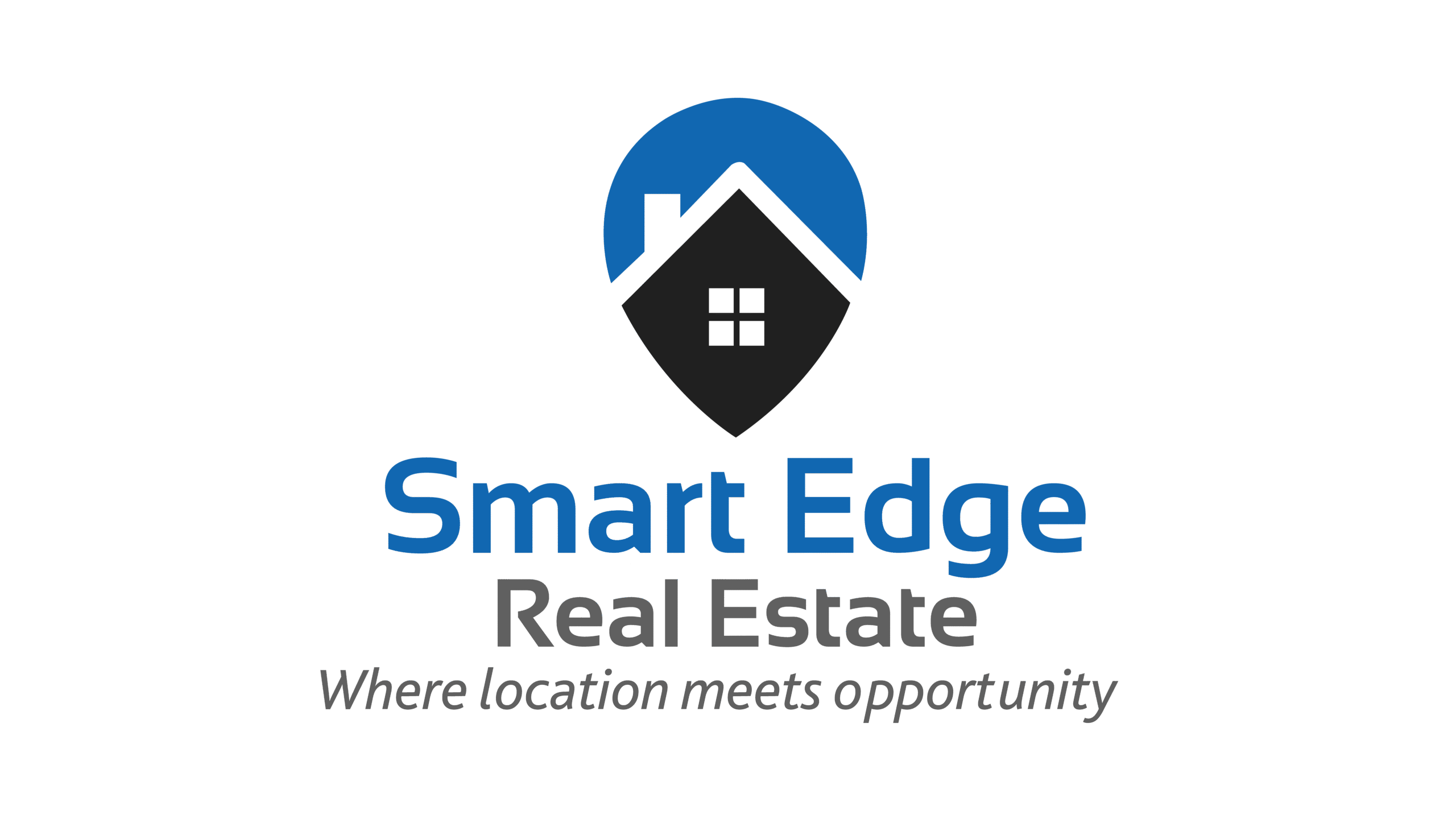Cash buyers can lock in pricing before the next interest‑rate cycle and enjoy average gross rental yields around seven per cent—well above many global hubs. If you have funds on hand and plan to hold the property for five years or more, buying secures both capital appreciation and steady passive income.
Expats expecting to stay fewer than three years may lean toward renting. Up‑front purchase fees—agency commission, transfer charge, mortgage costs—total roughly eight per cent of the property price. In a short horizon, those expenses are hard to recoup, whereas renting offers flexibility and zero maintenance responsibility.
Investors using finance must weigh mortgage rates (about 4.3 per cent fixed for three years) against current rents. With twenty per cent down, monthly loan payments often mirror or slightly exceed rent, but the break‑even point typically arrives within five to six years. After that, equity growth outweighs the higher early cash outlay.
2025 Outlook: Limited new prime supply and population growth of 2.6 per cent a year mean prices should trend upward, making mid‑cycle purchases attractive. Nonetheless, residents on short assignments might prefer to rent until the 2026 delivery wave softens the market.




